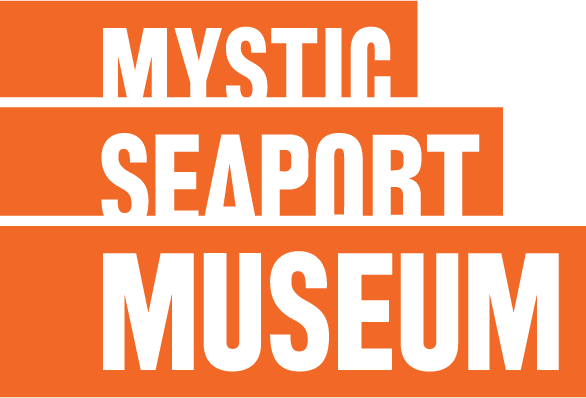Each year, the Fellows of the G.W. Blunt White Library at Mystic Seaport issue awards to recognize significant achievements in maritime heritage writing.

The John Gardner Maritime Research Award is presented by the Fellows of the G.W. Blunt White Library for making a significant contribution in the maritime research field. The award is named for the late John Gardner, author, editor, curator, small-boat designer, builder, regular user of the Library and a proponent of maritime research.
The winner for 2016 is: David Head, Ph.D. for his book Privateers of the Americas: Spanish American Privateering from the United States in the Early Republic, University of Georgia Press, Early American Places Series. 2015.
Head teaches in the History Department at the University of Central Florida. He looks at how Spanish American privateering worked and who engaged in it; how the U.S. government responded; how privateers and their supporters evaded or exploited laws and international relations; what motivated men to choose this line of work; and ultimately, what it meant to them to sail for the new republics of Spanish America. His findings broaden our understanding of the experience of being an American in a wider world.
Each year, the Fellows also bestow a prize upon the author of the best article written in CORIOLIS: The Interdisciplinary Journal of Maritime Studies. This $1,000 prize is named in memory of the former Director of the library and head of publications, Gerald E. Morris. The Morris prize this year was given to Maria Vann for her article in the Volume 5, Number 1, 2015 issue entitled “Sirens of the Sea: Female Slave Ship Owners of the Atlantic World, 1650-1870.”
A graduate of the Cooperstown Graduate Program in Museum Studies, Vann is currently the director of the Marine Museum in Fall River, MA.
Vann notes that throughout the active years of the transatlantic slave trade, some European and American women gained economic and social influence by involvement as participants in the slave trade. They challenge the dominant narrative that the slave trade was practiced exclusively by white men. Her article focuses on female slave traders from Britain and American colonies during the period of 1650-1760, with a concentration on New York, the former Dutch colony that fell under English rule after 1764.
Her research is largely based on review of the Trans-Atlantic Slave Trade Database, slave ship records, newspapers, journals, court records and diaries. Sources were evaluated with intentional focus on women who were previously overlooked. The existence during the early years of the transatlantic trade challenges common notions about both gender and the slave trade and additionally raises important questions about the role of women slavers in other times and places.
“A fascinating study, this article is a well-deserving winner of the Morris Prize Article Contest,” said Paul O’Pecko,Vice President, Research Collections and Director of the G.W Blunt White Library at Mystic Seaport.


